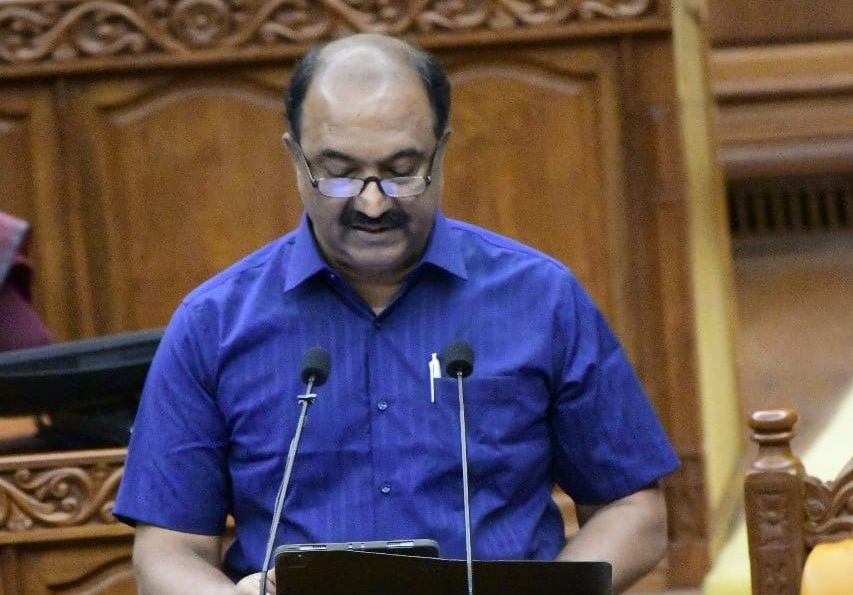Explaining the effect of climate change and coastal erosion on English coastal areas, the group stated that “a rise in sea level is causing England’s coast to erode faster than before…reports Asian Lite News
Global warming and rising temperatures are beginning to have some effect on every region of the world. A new study conducted by a climate action group has revealed that Britain may face a crisis similar to India’s Joshimath, with thousands of coastal houses at risk in several areas affected by coastal erosion.
According to the climate change advocacy group One Home, the 21 coastal villages and hamlets in England, worth an estimated 584 million pounds, are most at risk of being submerged by the year 2100.
“Using data from the Environment Agency’s National Coastal Erosion Risk Mapping (NCERM), the organisation calculated the projected loss amount by region and the average price of properties in each region.”
According to One Home, “the areas that are at risk of being submerged include seaside villages in Cornwall, Cumbria, Dorset, East Yorkshire, Essex, Kent, the Isle of Wight, Northumberland, Norfolk, and Sussex, amounting to 2,218 properties that are together worth around 584 million pounds.”
Explaining the effect of climate change and coastal erosion on English coastal areas, the group stated that “a rise in sea level is causing England’s coast to erode faster than before. 2022 was the warmest year in England since records began 364 years ago. As the world warms, storms intensify, ice melts faster, and the oceans expand, causing sea levels to rise. “
“England’s crumbling cliffs mean up to 80,000 homes are at risk of falling into the sea by the end of the century. There is no insurance or compensation scheme available for those impacted, and home owners may have to pay for the demolition of their home.”
Sea-level rise has spread across the world and causes challenges that have an effect on the entire international community.
According to a UN report from 2021, climate change has been highlighted as a danger multiplier that can affect the stability and security of communities and states, in addition to the economic and property losses. The Security Council has recently given the connection between climate change and security some thought.
‘Recession expected to be shorter’
The UK is set to enter recession this year but it will be shorter and less severe than previously thought, according to the Bank of England.
The slump is now expected to last just over a year rather than almost two as energy bills fall and price rises slow.
As a result fewer people are likely to lose their jobs, but the economy remains fragile, warned the Bank. The forecast comes as interest rates were raised to 4% from 3.5%, their highest level in over 14 years.
The Bank has been putting up interest rates in a bid to tackle the soaring cost of living. Inflation, the rate at which prices rise, remains close to its highest level for 40 years – more than five times what it should be.
Bank governor Andrew Bailey said inflation now appears to be falling, but warned there are still “big risks out there” which could continue to have an impact on the economy.
On Thursday, the Bank suggested interest rates may be nearing a peak, indicating it will only raise rates further if it sees signs that inflation will remain high.
However, the country is not forecast to bounce back to pre-Covid levels until 2026, which Mr Bailey said was “extraordinary”.
“Covid has had bigger long-run effects than we thought it would, particularly in terms of things like the labour supply and people choosing to come out of participating in the labour force.”
Higher interest rates are meant to encourage people to save more and spend less, helping to stop prices rising as quickly.
Thursday’s hike in borrowing costs is the tenth in a row and will add pressure to many households already struggling with the cost of living.
The impact will be felt by borrowers through higher mortgage and loan costs, although it should also mean better returns for savers.
Homeowners with a typical tracker mortgage will now pay about £49 more a month. Those on standard variable rate mortgages face a £31 increase.
ALSO READ-COP28, Dubai Cares to boost education’s climate action role














